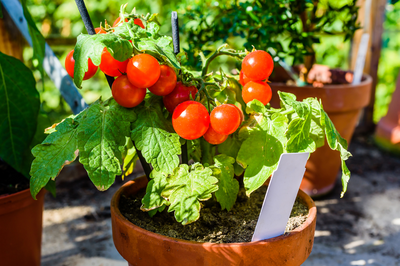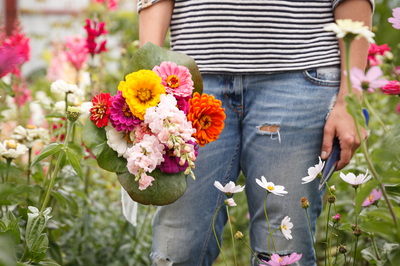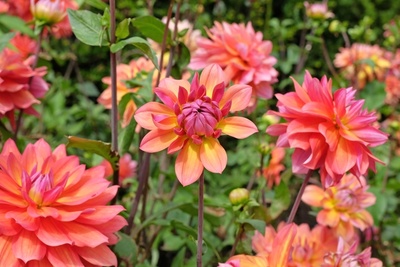
Worried about when and how to feed your house plants? We’ve put together a guide to the basics of house plant feeding, plus tips on how to feed some of the most popular house plants.
Why should you feed house plants?
Like us, plants need nutrients to grow strong and healthy. The nutrients they need are primarily found in the soil, dissolved in water, making it possible for plant roots to absorb them. Unfortunately, this also means that every time you water your plants, some of the nutrients in the compost are washed out of the pot. Most potting composts only contain about six weeks’ worth of nutrients, so once plants have been in their pots for two months, they will usually need supplementary feeding to keep them growing well.
Tips on feeding houseplants
While it’s always worth looking up the specific feeding needs of your plants, these tips apply to most house plants:
-
Yellowing leaves often indicate that plants aren’t getting the proper levels of nutrients.
-
As with outdoor plants, don’t apply a liquid feed to dry compost, as it can damage your plants’ roots. Water the plants first, then feed them.
-
Feed plants during their growing season, and reduce or stop feeding during their dormant period, typically over winter.
How and when to feed your houseplants
-
Foliage plants like philodendrons, tradescantia and palms need plenty of nitrogen to promote lush green growth. A balanced liquid houseplant feed usually contains enough nitrogen, with a fortnightly feed in spring and summer. Feed monthly in autumn and stop feeding over winter.
-
Give flowering plants a fortnightly feed in spring with balanced liquid houseplant feed. Once they start flowering, change to a high-potassium feed, such as liquid tomato feed, diluted to half the strength recommended for outdoor plants. Take special care with orchids, as they can be killed by heavy feeding. Use an orchid fertiliser at the recommended dosage and frequency or a weekly houseplant feed at quarter strength.
-
Cacti and succulents usually cope with little or no extra feeding but grow and flower better with a fortnightly dose of cactus fertiliser in spring and summer. Please don’t feed them in autumn and winter.
-
Citrus plants need plenty of feeding during the growing season. Give them a balanced liquid houseplant feed every two weeks in spring and summer with an additional monthly dose of Epsom salts for extra magnesium if the leaves start to yellow, or use a specialist citrus feed. If the plant flowers in winter, feed monthly with a liquid houseplant feed; otherwise, don’t feed citrus plants in winter.
House plants add style to any room, and we have a fantastic range in our centre, so come in and choose the perfect plants for your home!




